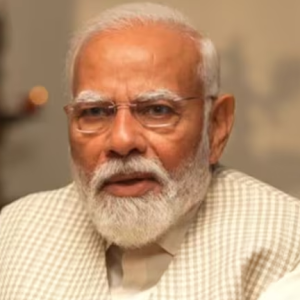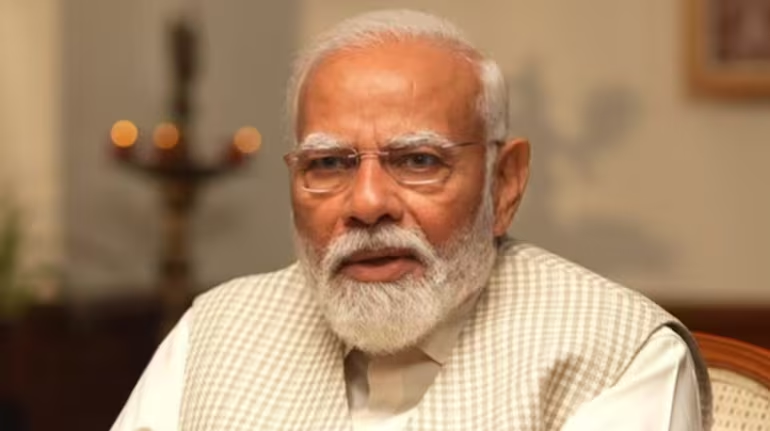
.png) Ram Puniyani
Ram Puniyani

Democracy is a system of society won after long and intense struggles. The preceding society mainly had kingdoms. A typical kingdom was an alliance between the feudal lord-king and clergy. While the clergy represented religious power, the king was presented as the son of god whose decisions and actions were ratified by the clergy.
Clergy very cleverly brainwashed the people into believing the concept of Heaven (Swarga, Jannat) and hell (Narak, Jahannum). Those obeying the king-clergy combo did punya, sawab, and virtue and accumulated positive points for deserving heaven, while acts of disobedience to these twin authorities received negative points: paap, sin, and gunah. The total negative and positive points determine whether one deserves heaven or hell.
With democracy came many changes. The kings were replaced by elected leaders bound by laws, primarily outlined in the constitutions. There is a lot of variation in the transition process from kingdoms to democracy. It must be remembered that conversion to democracy is not linear; many factors can reverse the process, with the head of state assuming total powers and, in some places, getting legitimacy from the religious authority. In some countries, particularly in South and South-Eastern Asia, hard-won democracy is being replaced by authoritarianism laced with the language of religion (Sri Lanka, Myanmar, Pakistan and India). In some places, the Supreme Leader assumes the twin roles of head of the state and chief priest, as seen in India.
There are no uniform patterns to asserting divine origins. We saw Indira Gandhi being hailed as Goddess Durga when she led the country in the 1971 war against Pakistan, which led to the formation of Bangladesh. She ignored this 'honour' bestowed upon her. Divinity was not on display in her pronouncements or actions.
Narendra Modi, the present Prime Minister, is very different. To begin with, he is a Hindu Nationalist, a trained pracharak of RSS, which has the goal of making a Hindu nation. Such sectarian nationalism avidly craves dictatorships under the cover of religion or race. Promoting an extraordinary image for the top leaders is part of the religious nationalist project. Such nationalisms do preferably need a charismatic leader whose position is manufactured to give off the aura of unquestionable authority.
The exercise of creating charisma around him began as soon as Narendra Modi became the Chief Minister of Gujarat. On the one hand, APCO, an image-creating firm, was hired to create this powerful illusion while his childhood was being manufactured, glorifying him to back up his image. A comic book, 'Bal Narendra', was published. According to this story, when playing with his friends as a child, he entered a river to retrieve the ball, and along with the ball, he also brought a baby crocodile.
With his taking over as the prime minister, the cabinet system, where the prime minister was first among equals, was replaced by the all-powerful prime minister, and other ministers' powers were reduced abysmally. He undoubtedly called himself Pradhan Sevak (Chief Servant of Nation). His participation in religious functions and places of worship increased. With the media being taken over by his corporate friends, his image as a great ruler was deliberately created.
This trend continued, and in the 2019 elections, he was presented as Chowkidar (Security guard of the nation) as more national assets were given over to his favourite industrialists. His longings to become the head of religion gradually surfaced, as seen in the consecration ceremony of Lord Ram's idols. In this, he combined the roles of head of the state and head of religion.
The concentration of power in his hands is more or less too strong by now. On top of this, while campaigning for the 2024 Parliament elections, he stated in an interview, "When my mother was alive, I used to believe that I was born biologically. After she passed away, upon reflecting on all my experiences, I was convinced that god has sent me. This energy could not be from my biological body but was bestowed upon me by god. I believe god has given me abilities, inspiration, and good intentions for a purpose… I am nothing but an instrument. That's why, whenever I do anything, I believe god is guiding me". He also stated that those who will vote for me will get the punya of what good I do. What good has Modi been doing? Subversion of democracy, making policies for the benefit of his cronies, marginalising Muslims and Christians, and glorifying the values of hierarchies of ancient times, among others, are significant outcomes of what he has been doing.
This statement is also a delayed response to the Godi media anchors asking him where he gets so much energy. While those around him have no spine to question his policy failures, they also contribute to raising his image a few notches. Many of his devotees, Kangana Ranaut et al., are already calling him the reincarnation of god. Now, he himself is convinced that he is so, and that is the source of his endless energy.
Every other dictator also presented themselves as a god, etc. However, one dictator of note believed that he was a god. Interestingly, he enunciated this in a book, ghostwritten by him. That is none other than Adolf Hitler. His biography, 'Adolf Hitler: His Life and speeches,' published in 1923, compared him to Jesus Christ. It mentioned German aristocrat and war hero Victor Von Koerber as the author. One research scholar has revealed that it was Hitler himself who wrote this book to enhance his image.
We have a unique concern now. The chronology of Narendra Modi's rise from crocodile catcher as a child to behaving like Nero when the Gujarat carnage was going on, Pradhan Sevak in 2014, Chowkidar selling the nation's assets from 2019, and now 'sent by God', a god incarnate with infinite stamina sleeping only three hours and eating only once a day, as per his acolytes.